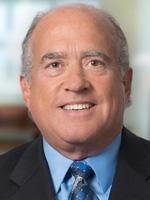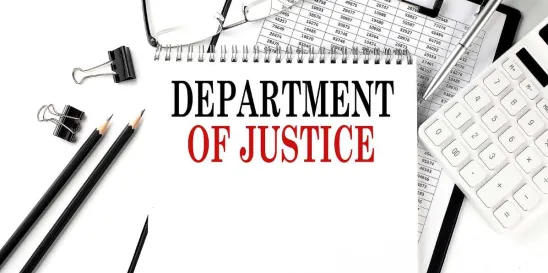“And this email was shown to Jack Fisher's partnership law expert, Professor Cassady Brewer. And Professor Brewer told you that looking at this email, that the tax avoidance, in his professional opinion, was palpable. And when something is palpable, you can touch it, you can feel it. The tax avoidance is coming off the page, ladies and gentlemen.”
United States Closing Arguments, US v. Fisher.
On September 22, 2023 a federal jury convicted two promoters, CPA Jack Fisher and attorney James Sinnott, in the Department of Justice’s (“DOJ”) first criminal trial over allegedly abusive syndicated conservation easements (“SCEs”). The jury acquitted the appraiser, Clayton Weibel of all charges. The split verdict is a major development in the DOJ’s investigation into SCEs and adds two convictions to the six guilty pleas related to the Inland Capital conservation easement funds. Two more alleged co-conspirators (Lewis and Smith) are set for trial in January.
At trial, DOJ Tax Division lawyers focused on the defendants' alleged pattern and practice of overinflating the value of the conservation easement charitable donations to create the tax benefit Inland Capital promised and marketed to investors. Since the pattern is allegedly similar for all Inland Capital funds, the conviction of Fisher and Sinnott will impact all of Inland Capital’s offerings, including Winnemucca, Equity Investment, Storm Crow, Figure 8, Crimson Independence, and Sand Investment.
Mr. Weibel’s acquittal is more nuanced perhaps. According to the DOJ, Mr. Weibel was a prolific appraiser who worked on approximately 450 deals between 2012 and 2020. Only 12 were at issue in the case. A conviction could have been catastrophic for those who invested in Weibel appraised funds or relied on his valuations to support those deals. However, avoiding catastrophe is not the same as being in the clear. Mr. Weibel’s acquittal is not likely to cause the IRS and DOJ to relent from the view that SCEs are merely tax shelters, lacking any true economic substance. Over the course of the trial, the DOJ showed some of the cards it has against other SCE organizers when it tried to impeach Weibel, who took the stand in his own defense. Most notably, the DOJ used deals by two promoters, Ornstein Schuler and 60 West, against the Defendants. This included Mr. Weibel's Carroll County Arkansas appraisals which he had prepared years before. According to the DOJ, in 2017 Mr. Weibel valued the Carroll County property, for a bank, at $645,000 and one year later, valued the same property for multiple SCEs deals at $185 million. The jury still acquitted Mr. Weibel.
For the professionals and professional firms involved in SCE deals, Weibel’s acquittal shows that at least for one jury, a high ratio is not necessarily enough to convict. Weibel’s appraisals may have been the fuel for the SCE engine, but there was not enough evidence to show that Weibel was helping to drive the bus, at least beyond a reasonable doubt.
Does the DOJ’s conviction of Fisher and Sinnott embolden the IRS and DOJ in the pursuit of other SCEs? Does Weibel’s acquittal show that the appraisal approach he taught to numerous other appraisers is legitimate? To hear Polsinelli’s SCE team’s analysis, please join us for a live webinar on October 10th.






 />i
/>i
